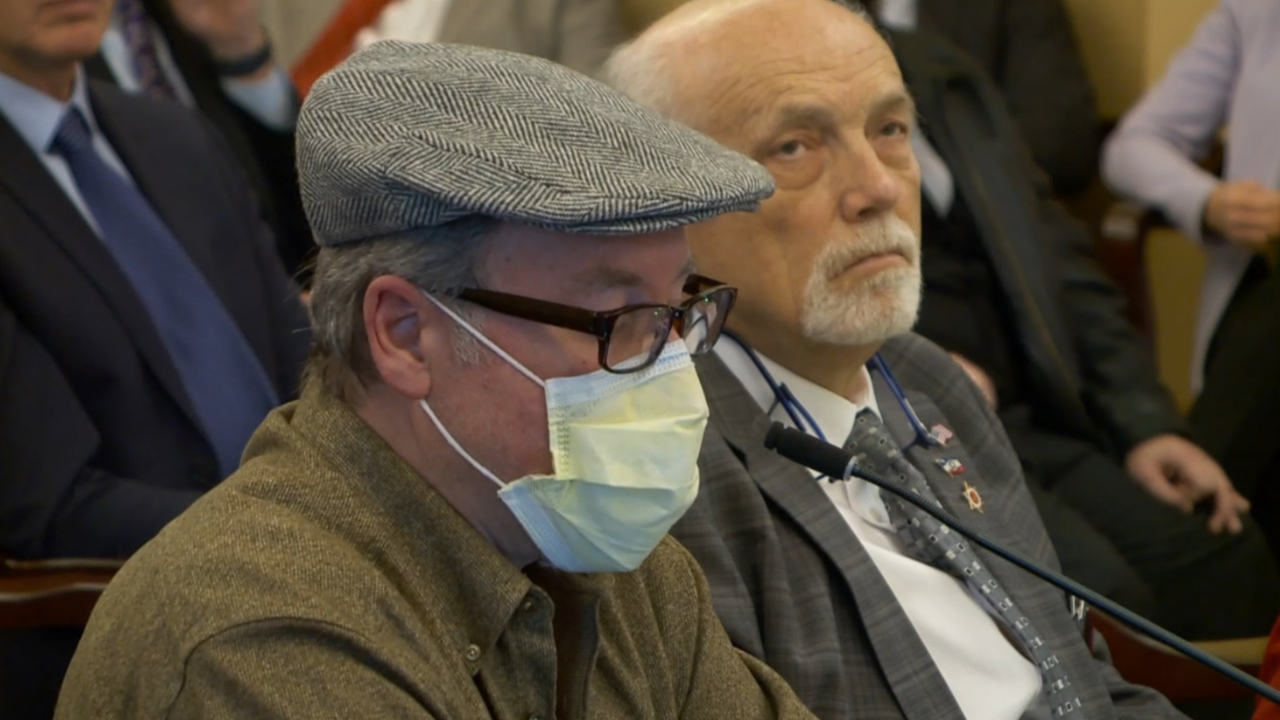SALT LAKE CITY — Just four years ago, Utahns voted to adopt Medicaid expansion with the state paying just a tenth of the costs as the federal government covers the rest, but a new bill is moving forward that could cut services should there be a shortfall.
This bill took up an hour-and-a-half of discussion Thursday, with the bill's sponsor, Rep. Brady Brammer (R-Pleasant Grove), describing it as a planning ahead “doomsday scenario bill;” however, those in opposition say it will hurt those who need it most.
"If the state of Utah’s legislature cannot fund something I consider essential services for citizens of the state of Utah, then there’s a problem," said patient Jahn Curran.
Approximately 120,000 adults in Utah are eligible for medicaid expansion, according to an estimate from the state's Department of Health and Human Services. Some of those services could now get cut under the proposed bill.
"This is not meant to cut Medicaid when there are not problems. It does not do that," promised Brammer.
The cuts would only happen if there’s a Medicaid shortfall, which Brammer explained before fellow lawmakers, saying the Federal Medical Assistance Percentage (FMAP) would be a drop of more than two percent in one year and four percent in three years.
The FMAP shows the amount of federal matching funds for certain state expenditures. If it goes down, there’s an order of what goes first.
"Each of these is scary in their own right, and they’re blunt," said Brammer. "But the point is it creates that waterfall and doesn’t automatically implement them."
Rusty Cannon, President of the Utah Taxpayers Association spoke in favor of the bill.
"The biggest problem we foresee coming for budget of Utah, which drives all of our taxation policies, is exactly what we’re talking about today," he said.
Meanwhile, over a dozen health activists and medicaid patients expressed their concerns.
"This is a program that deals with human beings, human health, human lives," argued Paul Gibbs, a former Medicaid patient.
"We have roughly $400 million sitting in a reserve account for this very scenario that Rep. Brammer is trying to address," claimed Lincoln Shurtz with Molina Healthcare.
"People who have rare diseases, we’re the first ones to get cut under the language of the bill currently," said Curran.
Curran initially had no insurance when diagnosed with cancer, but he said the Medicaid coverage saved his life.
Despite hearing mostly opposition, representatives voted 10-4 in favor of the bill, which now moves forward in the legislative session.
"I would rather have specific guardrails put in my place instead of it being a bloodbath up here in the political process," said Rep. Calvin Musselman (R-West Haven.
An additional critique brought up by opponents of the bill is that it was decided by the House Business and Labor Committee and not the Health and Human Services Committee.




